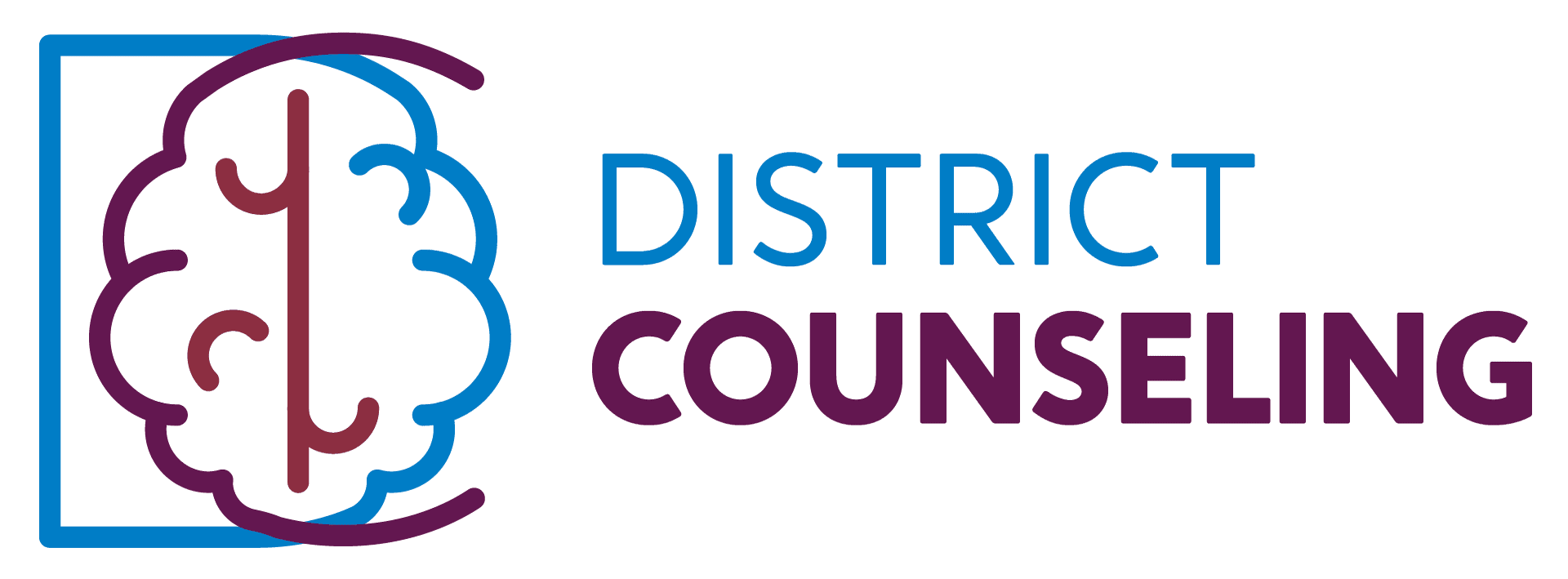Work is an important part of life — it gives us purpose, structure, and the means to support ourselves and our families. But when workplace stress builds up without relief, it can turn into burnout, leaving you exhausted, detached, and unable to function at your best.
Burnout doesn’t happen overnight. It creeps in gradually, often starting with small signs we overlook. Recognizing those signs early can make the difference between manageable stress and long-term mental health struggles.
What Is Workplace Burnout?
Burnout is more than “just being tired.” According to the World Health Organization, it’s a syndrome caused by chronic workplace stress that hasn’t been successfully managed.
The three main components are:
- Exhaustion – feeling physically and emotionally drained
- Cynicism/Detachment – becoming negative or disconnected from work
- Reduced Productivity – struggling to perform tasks you once managed easily
If you’ve noticed these patterns in yourself or a loved one, it may be time to slow down and reassess.
Early Warning Signs of Burnout
Burnout builds in stages. Catching the warning signs early can help prevent escalation. Some red flags include:
- Trouble sleeping or constant fatigue
- Frequent headaches or stomach problems
- Irritability with coworkers, friends, or family
- Loss of interest in work projects you used to enjoy
- Feeling like nothing you do makes a difference
Why Burnout Happens
There’s no single cause, but common workplace factors include:
- Heavy workload or unrealistic deadlines
- Lack of control over your schedule or tasks
- Poor work-life balance
- Toxic environments with gossip, bullying, or favoritism
- Unclear expectations from supervisors
Strategies to Prevent Burnout
The good news? Burnout is preventable. Here are some proactive strategies:
1. Set Boundaries
Don’t answer work emails after hours if you can avoid it. Protect your evenings and weekends.
2. Take Breaks
Even five minutes away from your screen can refresh your mind. Use your lunch break to step outside or move your body.
3. Build Support Systems
Talk with trusted coworkers, friends, or a counselor about what you’re experiencing.
4. Prioritize Sleep & Exercise
Your body can’t recover from stress if it’s constantly depleted. Aim for consistency in your routines.
5. Seek Professional Help
If burnout symptoms are affecting your daily life, consider reaching out for therapy. Professional support can help you navigate not only stress but also underlying mental health conditions such as anxiety or depression.
When to Ask for Help
It’s natural to feel pressure at work, but if stress leaves you unable to function at home or on the job, it’s time to get help. Therapy can provide tools to manage emotions, reset boundaries, and restore your sense of balance.
At District Counseling, we help clients understand the roots of their stress, develop coping skills, and rediscover joy in both work and life. You don’t have to wait until burnout overwhelms you — support is available today.
Final Thoughts
Burnout is a serious condition, but it doesn’t have to define your work experience. By learning to recognize the signs and taking proactive steps, you can prevent stress from growing into something more harmful.
If you or someone you care about is struggling with workplace stress, reach out. Professional counseling may be the next step toward reclaiming energy, motivation, and well-being. Call us today at (346) 800-7601.

Arely Ambriz
December 26, 2025
Is Holiday Pressure Compounding Your Mid-Week Stress? A Therapist Answers Your FAQ
Feeling more frazzled than festive this holiday season? Get actionable advice on managing financial anxiety, setting social boundaries, and coping with grief to navigate holiday stress and find peace....

Arely Ambriz
December 26, 2025
Navigating the Mistletoe & Minefields: Finding Connection When Holiday Cheer Feels Strained
Struggling with holiday stress in your relationship? Discover three simple strategies to navigate disagreements and stay connected with your partner. Learn how to turn chaos into connection with tips on...

Arely Ambriz
December 23, 2025
The Great 2025 Workplace Reset: Are New Mental Health Benefits Enough?
Ready to kick off your new beginning? Learn how to overcome mental blocks, take the first step, and build your support team to turn ambition into a winning season...

Arely Ambriz
December 22, 2025
Your Championship Season: How to Kick-Off Your Own New Beginning
Ready to kick off your new beginning? Learn how to overcome mental blocks, take the first step, and build your support team to turn ambition into a winning season...

Development Funnel Boost Media
December 22, 2025
Signs You May Need Counseling (Even If You’re “Functioning”) in Austin, TX
Many people believe therapy is only for those in crisis. In reality, some of the people who benefit most from counseling are those who appear to be “doing fine” on...

Arely Ambriz
December 19, 2025
Is Your Personal “Credit Rating” at Risk? How to Rebalance Your Life’s Budget
Feeling anxious about world events? Learn how to navigate stress in your relationship with our Q&A. Discover practical communication tips to turn shared anxiety into genuine connection and support for...

Arely Ambriz
December 18, 2025
Beyond the Headlines: Are We Really Talking to the People We Love?
Feeling anxious about world events? Learn how to navigate stress in your relationship with our Q&A. Discover practical communication tips to turn shared anxiety into genuine connection and support for...

Arely Ambriz
December 17, 2025
That ‘Someone’s Watching’ Feeling: Navigating Mid-Week Anxiety in a High-Alert World
Feeling overwhelmed by work stress and digital anxiety? Learn how to manage mid-week slumps and protect your mental well-being in a fast-paced world. Explore actionable coping mechanisms to regain control....

Arely Ambriz
December 16, 2025
The Innovation Anxiety: Is Your Company’s ‘Next Big Thing’ Stressing You Out?
Navigate workplace change with confidence. Learn how to manage anxiety, build resilience, and adapt to evolving roles with actionable strategies and support....

Arely Ambriz
December 15, 2025
From the Racetrack to a Festival of Lights: Fueling Your Own New Beginning This Monday
Discover the lessons of Hanukkah in overcoming challenges and starting anew. Explore small steps to achieve your goals and find support with compassionate psychiatry and counseling in Texas....

